Apr
7
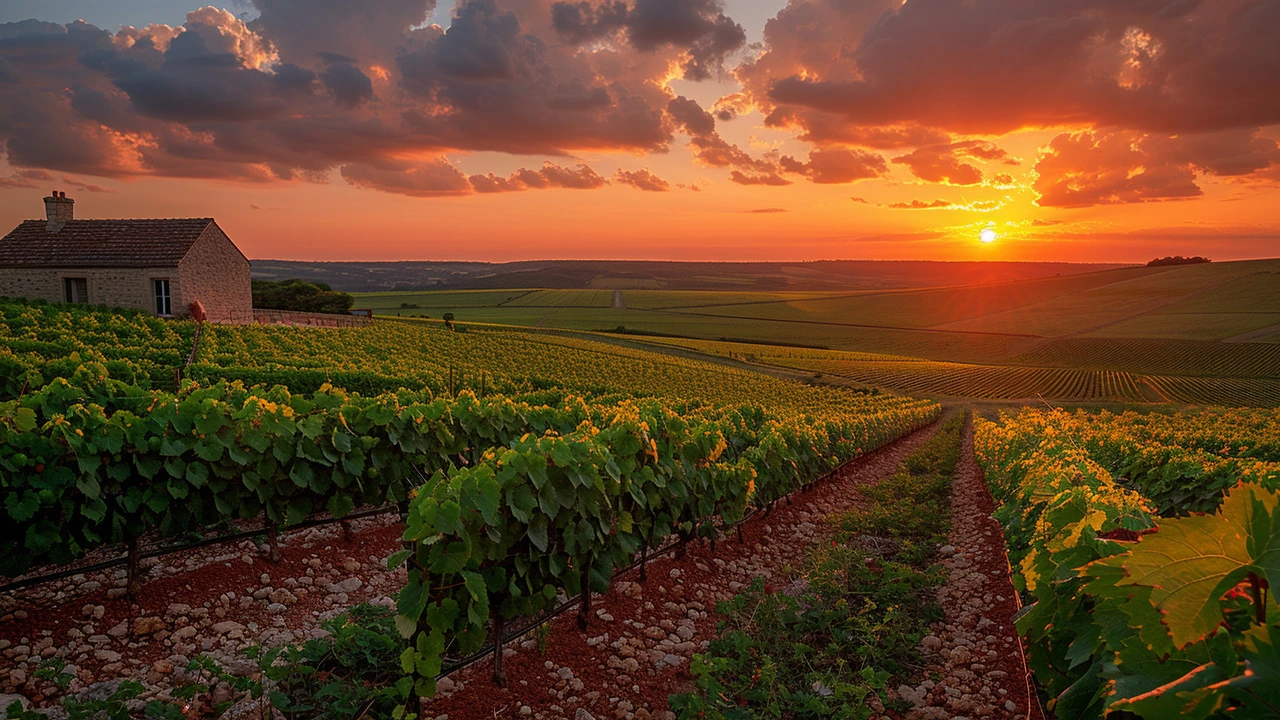
- by Floyd Westbrook
- 0 Comments
AI's Role in Modern Vineyard Management
Wine making, with its deep-rooted traditions, is undergoing a profound transformation, thanks to artificial intelligence. The application of AI in vineyard management is not just about automating tasks; it's about enhancing precision and efficiency in ways humans alone cannot achieve. Consider the monitoring of soil moisture levels, sunlight, and nutrient content, which are critical for grape quality. AI sensors placed throughout the vineyard provide real-time data, enabling vintners to make informed decisions that optimize grape health and quality.
But it doesn't stop at data collection. AI algorithms analyze this data, predicting future conditions and advising on the best planting strategies, harvest times, and pest management techniques. This proactive approach to vineyard management minimizes risks and increases the chances of a successful harvest. Moreover, AI-driven drones take aerial images of the vineyards, identifying areas that require attention, thereby reducing the need for manual inspections and interventions.
AI also plays a pivotal role in sustainability efforts, a growing concern in the wine industry. By optimizing resource use, from water to fertilizers, AI helps reduce the environmental footprint of wine making. The precise application of resources not only conserves them but also prevents the over-application that can lead to runoff and pollution.
Enhancing Wine Quality with AI
The journey from grape to glass is complex, and ensuring consistent wine quality is paramount for winemakers. Here, AI steps in again, offering tools that monitor and control the fermentation process. Sensors track temperature, pH levels, and sugar content, adjusting conditions in real-time to achieve the desired wine profile. This level of control is particularly beneficial in producing wines with consistent quality, year after year, regardless of variations in grape harvests.
Beyond fermentation, AI is revolutionizing wine blending. Traditionally, blending is an art form, relying on the expertise and palate of the vintner. AI, however, can analyze thousands of wine samples, identifying patterns and profiles that may not be apparent to even the most experienced wine makers. By recommending optimal blend ratios, AI aids in creating complex, balanced wines that appeal to a wide range of tastes.
Perhaps one of the most exciting applications of AI in wine making is in taste prediction and personalization. AI algorithms can predict how a wine will taste even before it's made, based on the grape variety, soil data, climate conditions, and vinification processes. This predictive ability not only helps winemakers in creating wines that meet market demands but also offers the potential for personalizing wines to individual preferences.
Transforming Consumer Experiences with AI
The influence of AI extends beyond the vineyard and the cellar; it's also changing how consumers interact with wine. AI-powered apps provide personalized wine recommendations, drawing on user preferences and vast wine databases. Users simply input their likes and dislikes, and the AI suggests wines they might enjoy, democratizing wine expertise and making wine selection more accessible to novices and connoisseurs alike.
In the realm of wine tasting, AI is making its mark as well. Virtual sommeliers, equipped with AI, can analyze a user's taste preferences and recommend wines that match their palate. These virtual assistants can also provide food pairing suggestions, enhancing the dining experience. Moreover, augmented reality (AR) wine labels, powered by AI, offer interactive experiences, telling the story behind the wine, the vineyard, and the winemaking process.
In conclusion, the integration of artificial intelligence into wine making and marketing is creating unprecedented opportunities for innovation and quality enhancement. As AI technologies continue to evolve, we can expect even more significant transformations in how wine is produced, marketed, and enjoyed. For wine enthusiasts and industry professionals alike, the future of wine making looks not just promising but potentially revolutionary.

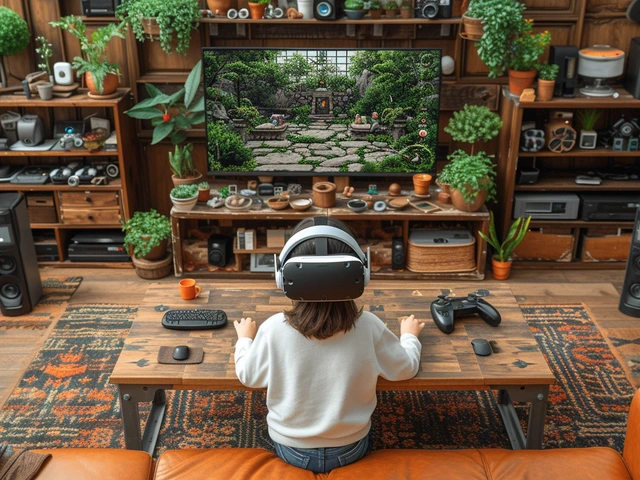

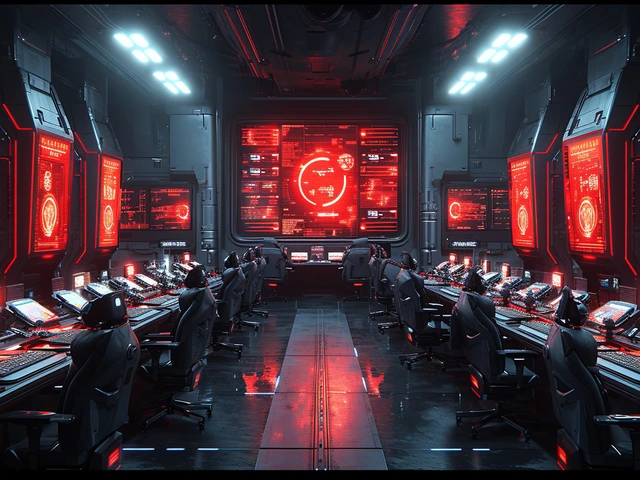
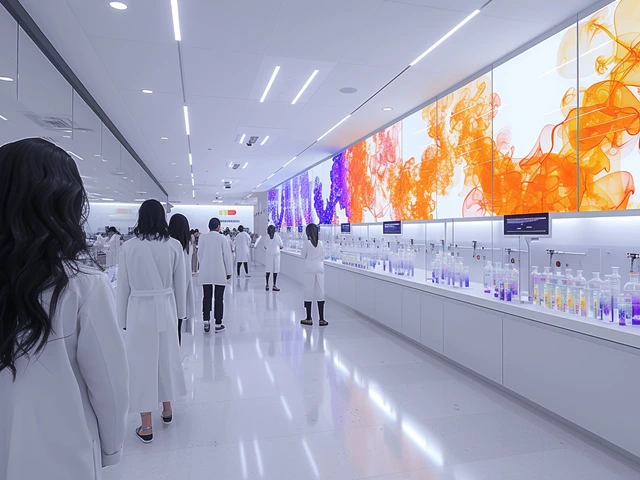
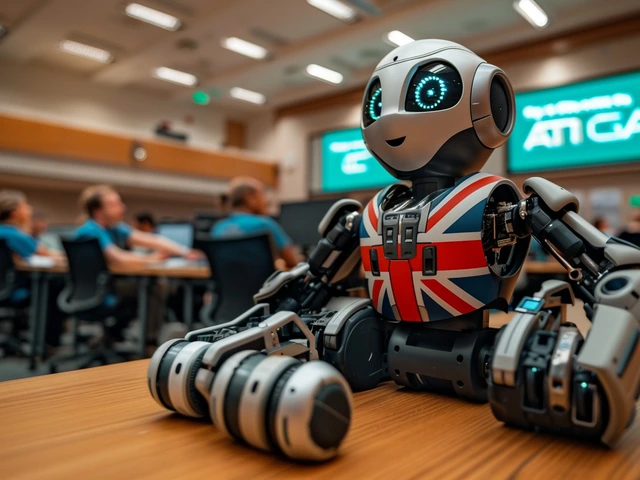
Write a comment